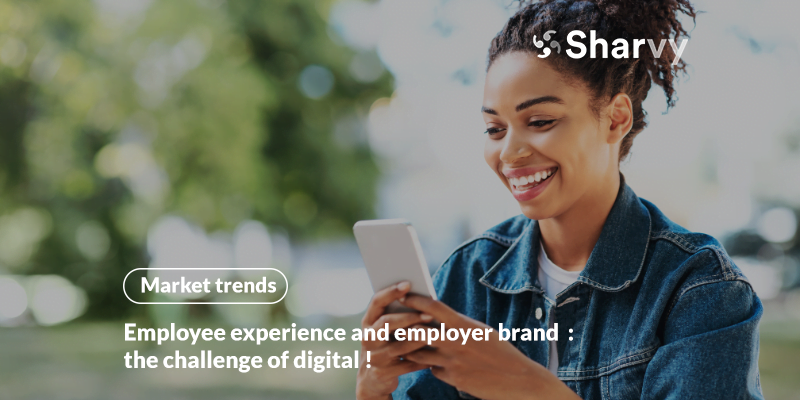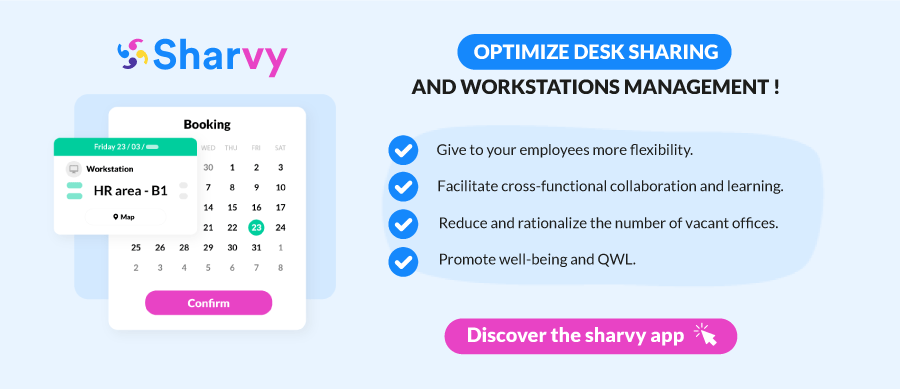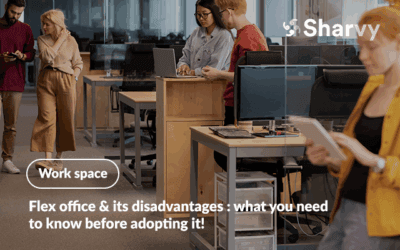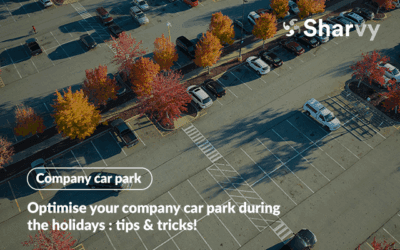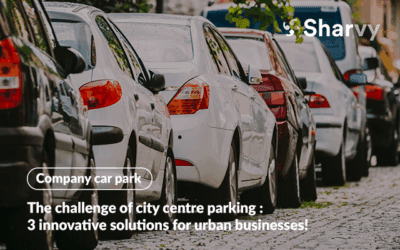The employer brand is the image that a company projects to its employees and candidates, particularly through its communication and marketing activities. The employee experience represents all the interactions and experiences that the employee will have within the company, and his or her feelings about them. These two concepts are therefore linked: if a company wants to have a strong employer brand, it must take into account the employee experience and make it as pleasant as possible.
Employee experience & employer brand : a major HR challenges!
It is well known that it is more expensive for a company to recruit a new employee (interviews, training, etc.) than it is to succeed in keeping its talents. It is therefore necessary to retain employees. And Human Resources Departments have understood this : employer branding, well-being, and Quality of Life and Working Conditions (QWL) have a big part to play in achieving this objective! In fact, according to a study by Office Vibe, turnover can be reduced by 28% by investing in employer branding.
And beyond building loyalty, a strong and modern employer brand can have a real positive impact on recruitment. Indeed, candidates, especially the younger generation, are increasingly interested in the employer image of the brand. According to a LinkHumans study conducted in 2019, 88% of young employees consider it important to be in tune with the company culture. Moreover, 33% of candidates say they would categorically refuse a job in a company that does not have a good reputation.
In concrete terms, several aspects come into play when it comes to investing in employer branding : digital communication (website, career site, social networks, etc), employee testimonials, the company’s HR practices, its commitments (CSR, associations, etc), services and benefits offered (CSE, gym, concierge service, mobile application, etc).
Digital revolutionises the employee experience
As we said in the introduction, the employer brand is closely linked to the employee experience. Indeed, the feelings and experiences that an employee will have within the company will automatically reflect on the company’s employer brand image. Digital technology is an integral part of our lives, we are used to getting information quickly with a few clicks. And the expectation is the same in professional life : an employee who has a question, wants to reserve a space or other must be able to do so simply and immediately.
The Smart Office is developing in this direction and companies are increasingly offering digital services to their employees, particularly mobile applications. Via their smartphone, employees can find colleagues, receive company communications, book a meeting room or a place in the canteen, etc.
A concrete example of this digitalization is the use of mobile applications that allow employees to book workstations, parking spaces, or meeting rooms. These digital tools simplify daily work organization, increase efficiency, and contribute to improving the work environment and employee well-being.
Sharvy is an example : via the web and mobile application, employees can reserve different spaces according to their needs (parking space, workstations where there are flex office, places in the cafeteria, etc). Thus, it is an innovative application that also promotes smart mobility within companies.
These additional digital services support employees on a daily basis and make it easier for them to come to the site. Their on-site experience is improved and above all innovative. They will have a positive image of the company they work for and will be proud to talk about it to others.
In conclusion
Integrating soft mobility policies and optimising company car parks are not just environmentally friendly gestures but essential elements for enhancing the employee experience and employer brand. A company that invests in appropriate infrastructure and digital solutions, demonstrates its commitment to employee well-being and social responsibility.
These actions help retain talent, reduce turnover, and attract new candidates, especially those sensitive to company culture and image. By simplifying employees’ daily lives with innovative services and supporting sustainable mobility practices, the company positions itself as a modern and responsible player in the professional landscape. Thus, by adopting a comprehensive and thoughtful approach, companies can not only improve the quality of work life but also strengthen their reputation and attractiveness in the job market.
Have a question? Check out the FAQ!
How can digital tools improve the employee experience in a company?
Digital tools enhance the employee experience by providing quick and easy access to various services and information. For example, mobile applications allow employees to book workspaces, receive company communications, and manage their daily tasks effortlessly. Solutions like Sharvy enable employees to reserve parking spaces and workstations in a flexible office environment, making their daily routine smoother and more enjoyable.
Why is a strong employer brand important for recruitment and talent retention?
A strong employer brand is crucial for recruitment and talent retention. It attracts candidates, especially the younger generation, by highlighting a positive company culture and commitments to corporate social responsibility (CSR). Additionally, a good reputation and modern HR practices reduce turnover by improving the quality of work life and working conditions (QWLC), and by strengthening employees’ pride and sense of belonging.
Want to learn more? Check out our latest articles!
Flex office & its disadvantages : what you need to know before adopting it!
What is the flex office? How does it work? What are its drawbacks and how can you overcome them? Find the answers in this article!
Optimise your company car park during the holidays : tips & tricks!
How can you reinvent your company car park management during the holidays? What solutions and tips can you come up with? Focus!
The challenge of city centre parking : 3 innovative solutions for urban businesses!
Urban businesses : what solutions can be found to meet the challenge of city centre parking? Our advice and tips in this article!
Subscribe to our newsletter!
Resources
Contact us
+44 117 463 6990

